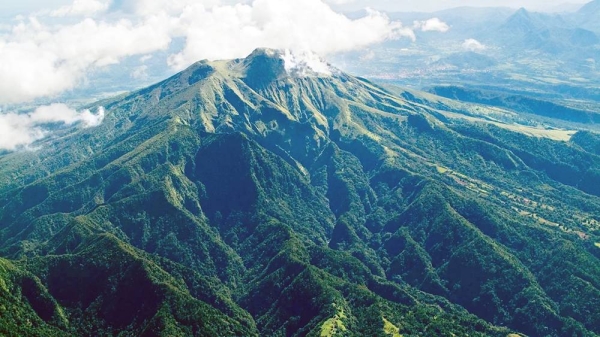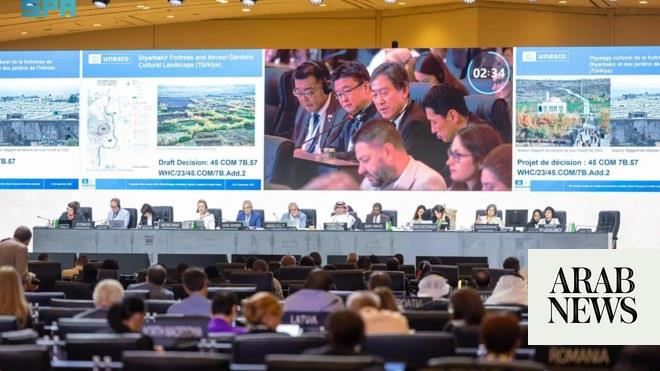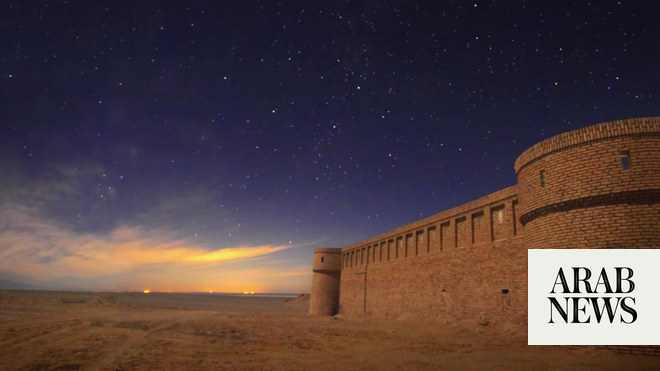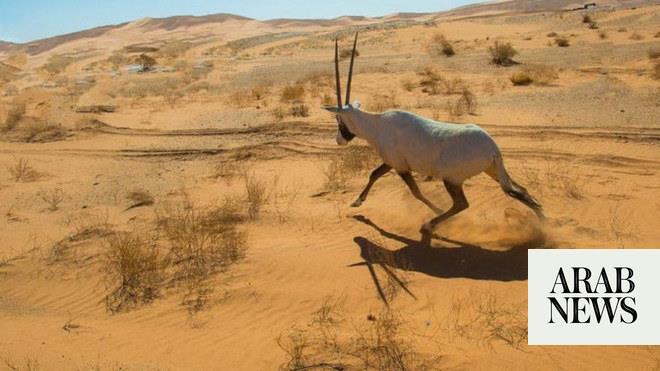
The World Heritage Committee, held in Manama under the chairmanship of Sheikha Haya Bint Rashed Al-Khalifa, has listed six cultural sites on the World Heritage List. This new addition came during the committee’s session held on Saturday.
Among the new listed sites, the most prominent are: the Victorian Gothic and Art Deco Ensemble of Mumbai, the Sassanid Archaeological Landscape of Fars Region in Iran, the Hidden Christian Sites in the Nagasaki Region, and the Sansa, Buddhist Mountain Monasteries in Korea.
Following is the list of the new sites added on the World Heritage list:
The Victorian Gothic and Art Deco Ensemble of Mumbai:
Having become a global trading center, the city of Mumbai implemented an ambitious urban planning project in the second half of the 19th century. It led to the construction of ensembles of public buildings in the Victorian Neo-Gothic style and other ensembles inspired by the Art-Deco style in the early 20th century, around the Green Oval Maidan.
The Victorian ensemble includes Indian elements suited to the climate, including balconies and verandas.
The Sassanid Archaeological Landscape of Fars Region (Iran):
Eight archaeological sites situated in three geographical parts in the southeast of Fars Province: Firuzabad, Bishapur and Sarvestan. These fortified structures, palaces, and city plans date back to the earliest and latest times of the Sassanian Empire, which stretched across the region from 224 to 658 CE.
The Hidden Christian Sites in the Nagasaki Region (Japan)
Located in the north-western part of Kyushu Island, the 12 components of the site consist of ten villages, Hara Castle and a cathedral, built between the 16th and 19th centuries.
Together they reflect the earliest activities of Christian missionaries and settlers in Japan during the phase of encounter, followed by times of prohibition and persecution of the Christian faith and the final phase of the revitalization of Christian communities after the lifting of prohibition.
The Sansa, Buddhist Mountain Monasteries in Korea
The Sansa are Buddhist mountain monasteries located throughout the southern provinces of the Korean Peninsula. The spatial arrangement of the seven temples that comprise the site, established from the 7th to 9th centuries, present common characteristics that are specific to Korea, like the (open courtyard) flanked by four buildings: Buddha Hall, pavilion, lecture hall and dormitory.
The committee also added two medieval German sites on the World Heritage List: Hedeby, which was an important trading center for the Viking tribes during the Middles Ages, and the Danevirke region, which secured its borders.











